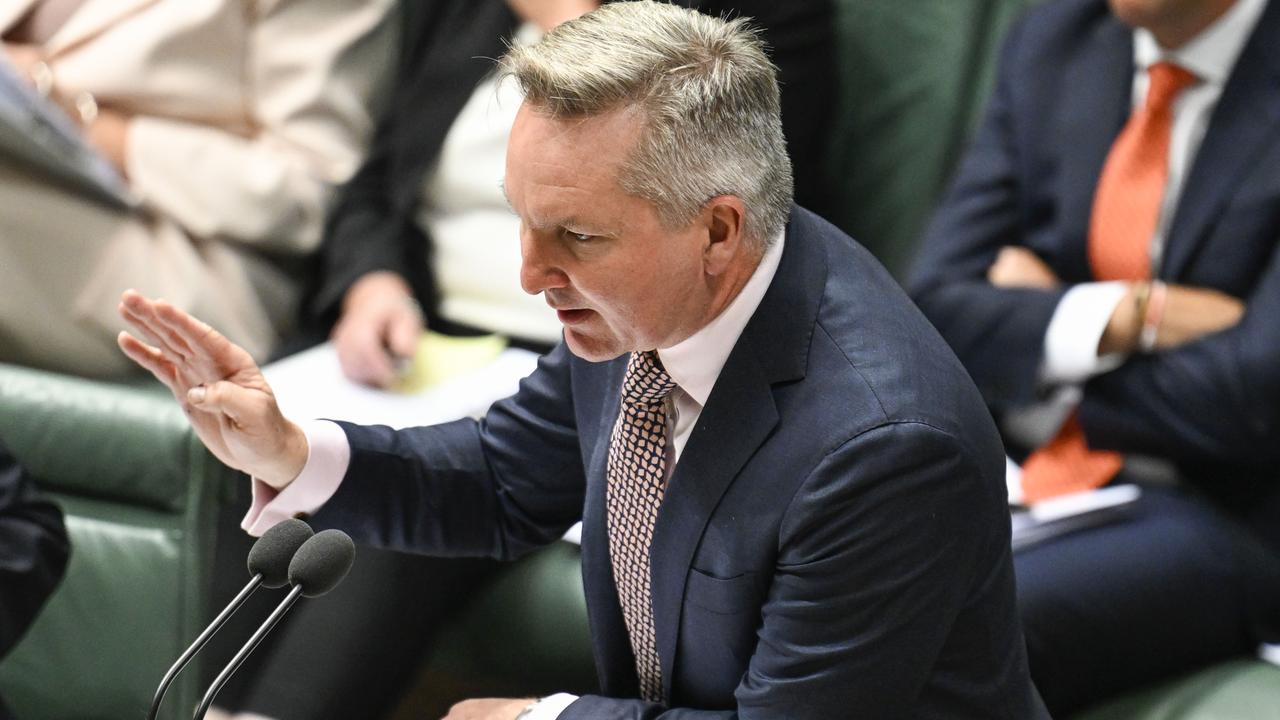A national rollout of the cashless welfare card flagged by Scott Morrison has the potential to become one of the most profound and transformative social policies in decades. If it works.
It is now one step closer, with legislation expected to pass the Senate to extend trials in three remote communities to cover the entire Northern Territory and Cape York Peninsula.
This may appear a small step on a longer path but it nevertheless looms as a significant political victory for the Prime Minister in the face of Labor’s obduracy, while serving as a riposte to critics who continue to assert that Morrison is a leader without an agenda.
The Abbott government was the first to propose legislation for the Cashless Debit Card, in 2015.
The rollout of the first three trial sites was delivered by the then human services minister, Alan Tudge. Morrison has now made it his mission to deliver it nationally.
Labor’s opposition to a national rollout and the legislation to extend the trials represents a further example of policy drift and ideological disorientation.
John Howard was the first to examine income management in remote regions of the Northern Territory and communities in Western Australia, as part of the NT National Emergency Response legislation in 2007.
The idea, as controversial as it was, quarantined payments for essential goods and services while outlawing spending on liquor, pornography and gambling.
Kevin Rudd expanded the program to cover the entire Territory in 2010 while legislating to prevent it falling foul of racial discrimination laws. It was further built on under the Gillard government.
The government argues the card is a natural progression from income management, which was first trialled on Cape York Peninsula as a voluntary scheme.
Unlike income management, which was restricted to Newstart recipients and quarantined 50 per cent of payments, the CDC quarantines 80 per cent of income to the card. It is also broader in application, covering all income support recipients. The argument was that if you weren’t an alcoholic it wouldn’t affect your lifestyle.
Labor didn’t oppose the initial enabling legislation and supported the three trials in remote areas of the East Kimberley, Ceduna and Goldfields regions, where social harm and welfare dependence were extremely high.
Tudge was dogged in getting them up, with Labor saying it would support it in regions chosen for trials only if there was strong community support. Tudge made sure there was support.
Labor baulked, however, when the government proposed moving beyond indigenous communities and into regional Queensland, namely Hervey Bay, a predominantly non-indigenous community.
This was less about alcohol, gambling and drugs and more about addressing high rates of youth unemployment.
Having opposed that, Labor is now feverishly resistant to a national rollout.
The legislation introduced yesterday, which Labor has said it will oppose, doesn’t extend the CDC trials as such. Rather it converts the current income management systems in place in the Territory and Cape York over to the CDC.
Independent evaluation of the existing trials showed promising results. It found that 41 per cent of participants reported drinking alcohol less frequently, and there was a 37 per cent drop in binge drinking. Almost half those surveyed reported gambling less. Almost half said they also used illicit drugs less often.
There were “spillover” benefits too, with 40 per cent claiming they were “better able to look after their children” and 45 per cent reporting an increase in their savings.
There was also “considerable” evidence of a reduction in crime and violence, namely domestic violence and child neglect.
A National Audit Office report later questioned the efficacy of the data collection. Labor jumped on this to say the evaluation was a hopelessly flawed exercise.
Labor’s beef now is with what it claims will be unintended consequences of a national scheme in highly urbanised areas where circumstances can be a world away from the remote communities where it has been trialled.
But Labor may find itself on the wrong side of the political argument. It has landed on a position that puts it at odds with some local communities, several respected indigenous leaders and national polls that show up to 80 per cent of Australians support a cashless welfare card.
While there is still antagonism to the scheme among welfare groups, the government’s success in getting the trials up in the first place can be attributed largely to a different political and tactical approach to policy and politics.
Instead of trying to browbeat the crossbench, Tudge went to the local community and indigenous leaders who had been lobbying for trials in their own regions and enlisted them to do the lobbying of the independents.
If Morrison succeeds in getting to a national rollout, and it works the way the government hopes it will, it may deliver the most tangible outcome to a social crisis that governments have tried and failed to address for decades.
But it is likely to do so without the support of Labor.



